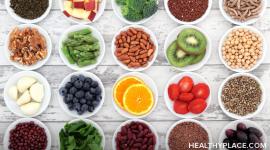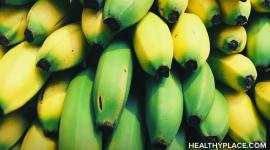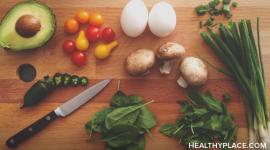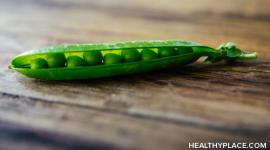Diet for ADHD Adults: How Foods Affect Adult ADHD Symptoms
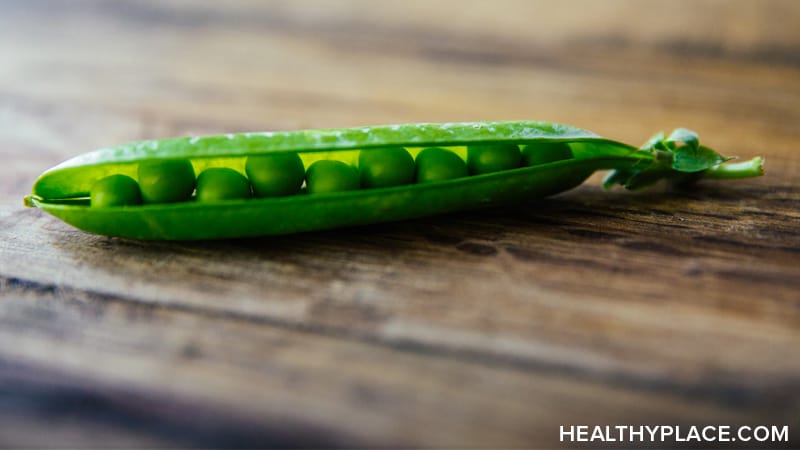
A diet for ADHD adults (in terms of symptom management) may look different for each person. Factors such as pre-existing medical conditions, food allergies, or other considerations affect what a person’s diet may look like. Nonetheless, there are some general guidelines to follow when creating a helpful diet for ADHD adults.
Diet for ADHD Adults
Most adults have a basic understanding of what a healthy diet looks like. And most adults know there is a strong connection between diet and mental and physical health. The connection between diet and health is even more significant when it comes to adults with ADHD. Regardless, many adults fail to follow anything resembling a healthy diet. If you are looking to find a new way to manage difficult adult ADHD symptoms, or get back on track with a nutritional diet plan for ADHD, try incorporating the following into your diet:
- Protein – whether you prefer meat, cheese, nuts, eggs, or yogurt, there are so many ways to add protein to a diet for ADHD adults.
- Healthy fats – fat is essential to any optimal brain function, especially when it comes to an ADHD brain. A diet for ADHD adults should include healthy (or plant-based) fats such as olive or coconut oils, and avocado (Ketogenic Diet and ADHD: How Effective Is It?).
- Fruits and vegetables – central to any well-rounded diet, fruits and vegetables may be especially vital to a diet for ADHD adults. Incorporating a variety of fruits and vegetables (i.e. peppers, squash, berries, pomegranates, etc.) is a great way to get the antioxidants that keep the brain young, and thus functional. Yet, be sure to wash your fruits and vegetables, as many are treated with insecticides, which can negatively affect you.
- Whole grains – whole grains are also referred to as “complex-carbohydrates.” Whole-wheat crackers, flour, pasta, and cereal are all healthy options to incorporate into a diet for ADHD adults. Make sure the ingredients list to be certain what you are getting is, in fact, truly whole wheat.
- Water – getting enough water seems simple enough, but so many adults fail to adequately hydrate. Water intake is so important when it comes to diet and ADHD in adults. The brain is 80% water, and if you become dehydrated, your brain will not work at its optimal capacity. Beware of things that contribute to dehydration, including alcohol and caffeine (ADHD and Caffeine: The Effects of Caffeine on ADHD).
- Herbs and Spices – if you like to cook, then chances are herbs and spices are already part of your diet. But for those who do not cook as often, incorporating herbs and spices can seem intimidating. Nonetheless, they are part of a healthy diet for ADHD adults. Turmeric, saffron, rosemary, thyme and sage have all been shown to boost blood flow in the brain, improve memory, and promote antioxidant production.
- Supplements – even people who follow a healthy diet overall tend to be deficient in certain vitamins and minerals. So, when creating a diet for ADHD adults, vitamin and mineral supplements are important, and can prove hugely beneficial. Research indicates for adults with ADHD, increasing intake of B-vitamins is important, in that these help promote serotonin production.
- Omega 3’s – omega 3 fatty acids are well-known as a source of “brain food.” Fatty fish, flaxseeds, soybeans, and walnuts are all great ways to incorporate omega 3’s into a diet for ADHD adults.
APA Reference
Jarrold, J.
(2021, December 20). Diet for ADHD Adults: How Foods Affect Adult ADHD Symptoms, HealthyPlace. Retrieved
on 2024, June 20 from https://www.healthyplace.com/adhd/food-and-adhd/diet-for-adhd-adults-how-foods-affect-adult-adhd-symptoms
